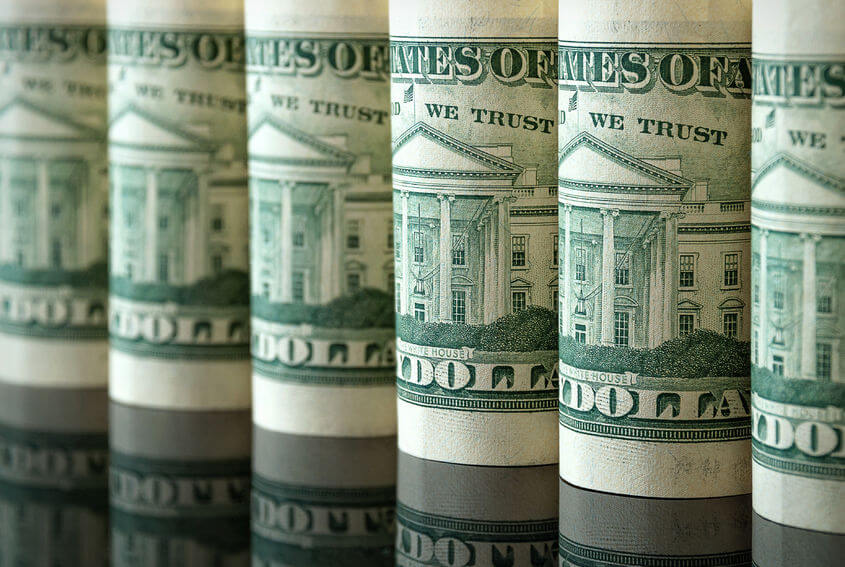Raise your hand if you’ve seen a headline like this recently: “How I paid off $100,000 in one year”. Inspiring, isn’t it? But how realistic is paying down debt fast when you have other financial goals to reach?
“Debt” has always been a scary word. No one wants to be in debt, and yet millions of us are. At one point or another, we’ll all be in some kind of debt whether it’s credit cards, student loans, medical bills, or a mortgage. Many of my clients want to be debt-free as quickly as possible. They know it can be done – if they’re willing to put everything else in their life on hold, that is.
Pay off debt or save instead?
The answer to the question of paying off debt isn’t as simple as a headline suggests. Sure, having less debt may be a good thing overall. But what if I told you that not all debt is bad? Some types of debt, when considered responsibly, can actually help you achieve things in life that would otherwise take longer, like buying a house or getting a valuable education. It’s only when debt
Our first impulse with credit card debt is to get rid of it as soon as possible. While that may sound intuitive, the strategy of using every extra penny to pay off your credit card debt might not serve you so well. This approach usually means you can’t save money, leaving you zero financial cushion to withstand an unexpected event.
In fact, the lack of savings is a major reason why people are caught in a debt spiral. Let’s say you successfully pay off all your debt. But just as you do, an unexpected $5,000 expense pops up and you have no cash to pay for it. What do most people do? Use their credit cards, beginning the cycle anew!
I’m being a little dramatic, but this example illustrates why only focusing on getting debt-free can have negative consequences.
Another example — you and your partner have $50k in the bank and you have $50k of student loan debt. You should use that money in the bank to pay off your student loans, right?
Maybe, but maybe not. If you don’t have any need for cash and your primary goal is zero student loan debt, then yes. But what if you want to buy a home soon for your expanding family and need a down payment? Draining your reserves just for that peace of mind would set your dream home back a few years and impact your family’s quality of life.
Before you start penny pinching, ask yourself these questions:
- Is being debt-free a “core” value of yours or a default belief?
- How high is the interest rate on the debt? Are you able to pay off interest as well as the principal balance?
- Is the debt preventing you from doing something else?
Deciding the best way to approach your debt goes hand-in-hand with your financial priorities. There’s no shame in having debt, despite what we’ve been taught. While debt seems like it can hold you back, the truth is that it doesn’t have to. Seeing your debt as part of your bigger financial picture will help you pay it off in the most balanced way possible – not just the fastest.
Keep in mind debt paydown, no matter what type is part of a larger financial plan. If you’re interested in financial planning services, please reach out with any questions.

Jim is a financial advisor and owner of Thinking Big Financial, Inc. Thinking Big Financial is a fee-only registered investment advisor offering financial planning and investment management services. Specializing in working with the LGBTQ Community.
Please read my legal disclaimer here.

